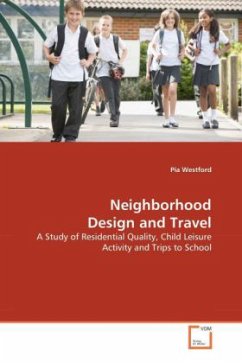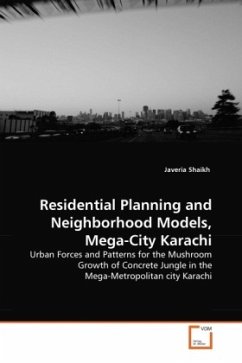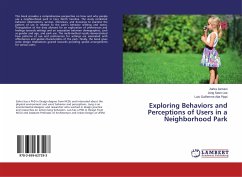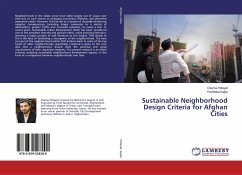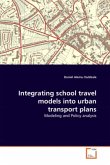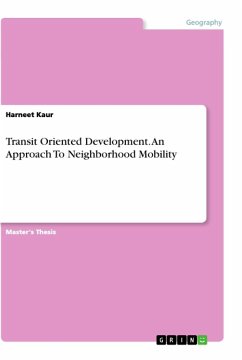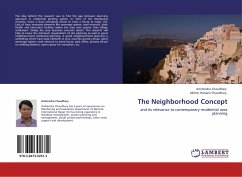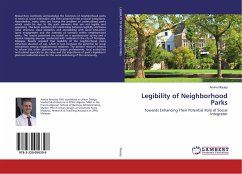Sustainable urban mobility calls for well-informed design of neighborhoods. Although many studies have been conducted in the field, there is little evidence on the relationships between design elements, urban quality and behavior. Little is also known about residents' valuation of design and urban quality in this context. This study uses a multidisciplinary approach in dealing with these issues. Logistic regression models are used to analyze relationships between neighborhood design, parents' satisfaction with urban qualities and children's behavior. The results support the hypothesis that environmental and social qualities and proximity to school can influence children's trips to school, and the location and frequency of children's leisure activities. Two suburban lifestyles are identified, relating also to parents' preferences for and priorities of public versus private urban qualities. The results support and extend earlier research. The thesis includes a critical review of current urban design ideals, while these are viewed as part of a comprehensive urban and transportation policy. It should be useful to policy makers, urban designers and researchers.
Bitte wählen Sie Ihr Anliegen aus.
Rechnungen
Retourenschein anfordern
Bestellstatus
Storno

